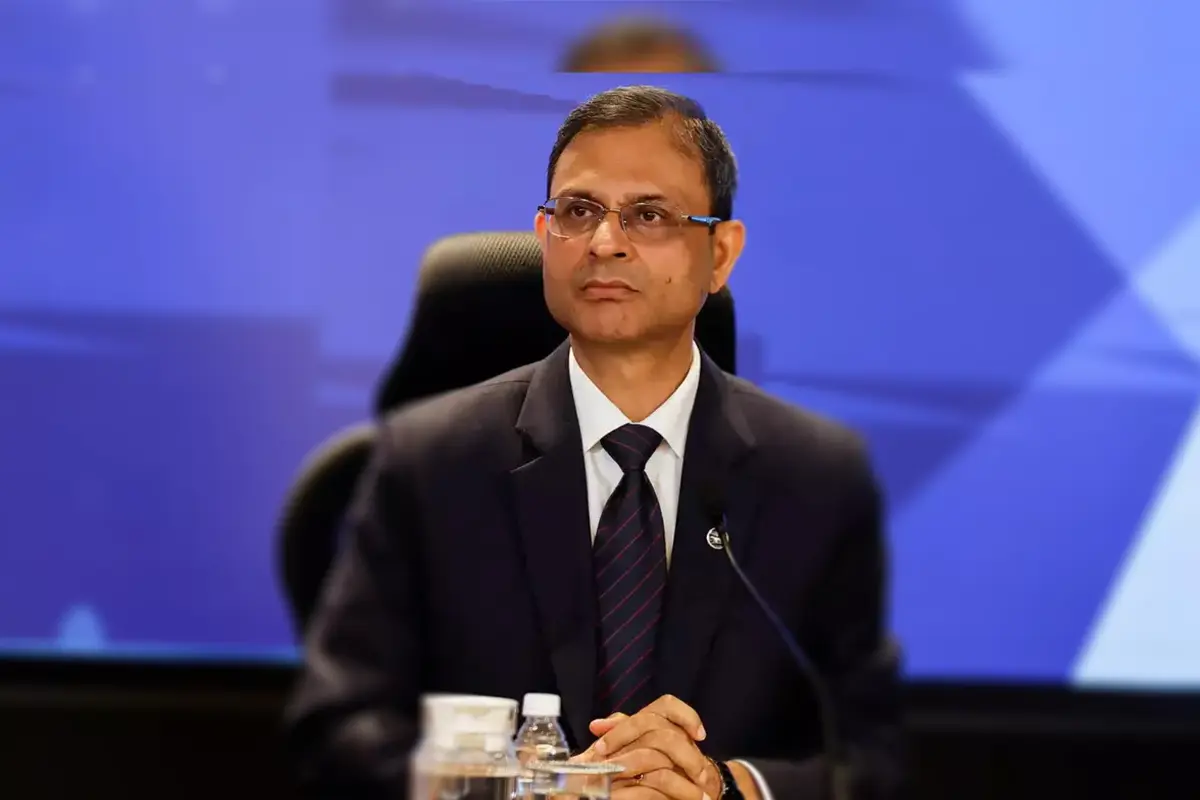Governor Malhotra Urges Digital KYC Modernization
In a major push towards better operational efficiency and customer service, RBI Governor Sanjay Malhotra asked banks to refashion the method of collecting and verifying customer documentation. Addressing a high-level financial summit, the governor reminded the institutions to enable faster submission of KYC docs through digital transformation. In addition, he ordered banks not to ask customers to go to the bank to collect documents.
Digital KYC Transformation in Compliance
As an increasingly new area, advanced technologies are being widely used by financial institutions to replace traditional compliance processes. These days, a considerable number of banks have upgraded their system to the point that they offer secure online platforms where customers upload their KYC docs directly. Additionally, this digital shift does not only expedite verification processes but also renders the verification more error-proof and with less risk from handling physical documents.
Banks migrate to automated systems so sensitive data is protected better while meeting stringent regulatory standards. According to experts, institutions should take proactive steps to prevent the use of customer calls as a primary method of collecting documents, however, as such practices may affect the customer experience. In reality, industry leaders assert that companies must avoid calling customers to allow an easy and automated compliance process.
Impact on Customer Experience
In today’s world of modern consumers, they need them to be efficient and convenient when it comes to handling their financial affairs. Customers have the convenience to upload KYC docs at their leisure through user friendly portals with secure digital channels brought about by banks. In doing so, this approach shrinks the delay and gives people greater flexibility in their documentation process.
Also, banks show their consideration for customers’ time and privacy if they refrain from contacting customers in the verification stage. Institutions that do not call customers have supposedly allowed their clients to feel more trust in and loyalty to these institutions as customers do not have to deal with interruptions and welcome a faster service.
Regulatory Guidelines and Compliance
It is not a secret that the Reserve Bank of India has been very clear on its recent directives with regards to modernization of compliance practices. Furthermore, Governor Malhotra noted that banks should upgrade their operational protocols to comply with the best globally standardized practices in the secure way of submitting KYC documents.
New guidelines underscore that faster, more accurate verifications can be accomplished through automated digital transmissions of information versus manual paper records while ensuring required digital data protection. Nowadays, compliance officers are supposed to use systems that reduce the needed human intervention for KYC docs uploading via customers.
In addition, regulatory authorities suggest banks not call a customer in the routine verification procedure to make interactions efficient and nonintrusive. Not only do such measures help to improve regulatory adherence, they also help improve overall operational performance.
Conclusion
Let us summaries in that RBI Governor Sanjay Malhotra’s declaration is the turning point in the development of banking compliance. There is huge scope among banks for moving KYC docs to digital platforms for customer verification and this move should lead to drastic changes in how they manage customer verification. The integration of modern technology can support the secure processing of KYC docs on the client’s end while providing a superior customer experience.
But the governor’s emphasis to avoid calling customers is not surprising given the respect that communications require, especially in the digital age with few misunderstandings about the infirmities of words and images. As the industry follows these new guidelines, banks are expected to shift the following towards the systems that enable easy submission of KYC documents for customers for reduced administrative work and less disruption. In addition, banks are always reminded to avoid calling customers to request documents, while they also need to hold well built digital structures that minimize the task of customers in submitting KYC docs.
With this forward thinking approach not only they hit the regulatory compliance mark, but they have also raised the bar in the game for providing customer service. In the end, however, institutions can select the easier and more efficient option of avoid calling customers and pursuing more adequate, innovative solutions with a focus on the customers but without sacrificing that part of the process – the KYC docs submission process – that is secure, efficient and following modern regulatory demands. Banks decide to stick with digital compliance and viewers will see even more banks continuing to avoid calling customers and only sticking with streamlined and secure digital interactions.



